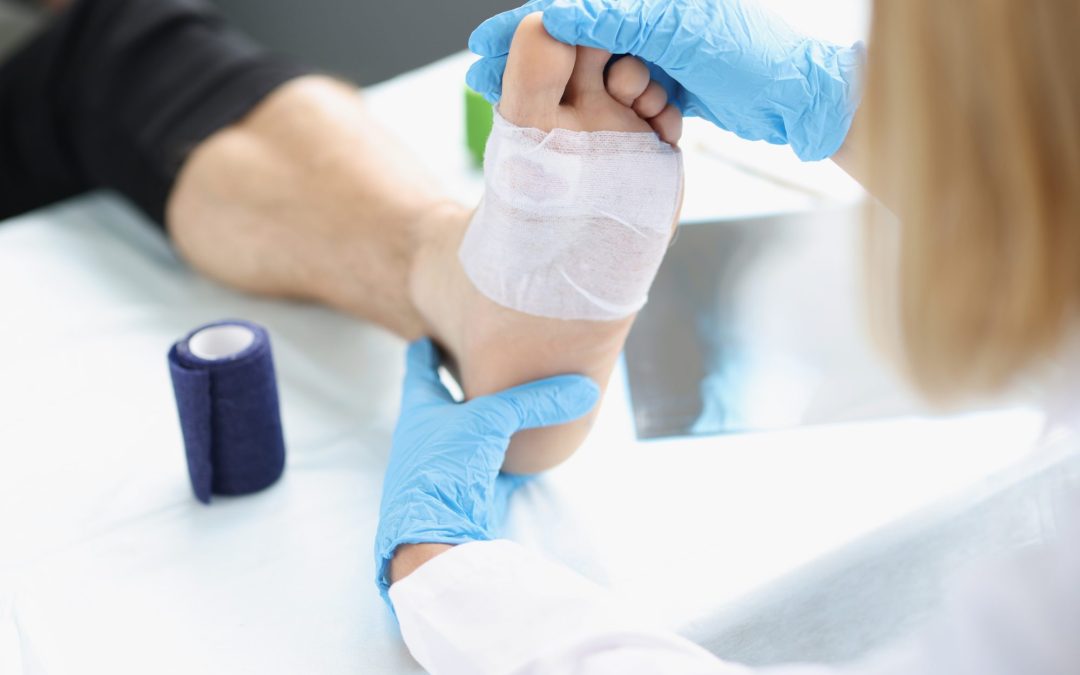Starting January 1, 2026, CMS will reclassify skin substitutes from biologicals to “incident to supplies,” a seemingly technical shift that will upend reimbursement for wound care providers nationwide.
The policy shift brings with it some brutal math:
- Most products get $125.38 per square centimeter, period
- Products with Biologic License Agreements keep their ASP + 6% pricing
- The change applies everywhere: hospital outpatient departments and physician offices alike
- CMS projects 90% lower spending—a $19.6 billion cut in 2026
Translation: Products that once paid $200 to $3,000+ per square centimeter now pay $125.38.
The coverage list shrinks, too. New Local Coverage Determinations limit reimbursement to 17 approved products for diabetic foot ulcers. Only five of those work for venous leg ulcers. More than 100 products land on the non-covered list. If you use a non-covered product, you can expect denials and risk triggering an audit.
Five Actions to Take
Years of helping hospitals through reimbursement chaos have taught us what works:
1. Inventory Audit
2. Documentation Review
3. Expectations of Impact on Revenue
4. Efficiency Overall
5. Clinical Pathways
Programs that thrive will share these traits:
- They plan early and don’t wait for looming deadlines.
- They track outcomes. Solid data proves clinical value and helps justify advanced therapies under tighter coverage rules.
- They run tight operations. Every dollar counts.
- They focus on patients, with programs built on education and early care.
- They partner well. External expertise helps you act faster and avoid expensive mistakes.
Time to Move
Programs that spend the remaining weeks of 2025 assessing operations, building transition plans, and making hard changes will fare better than those taking a risky “wait and see” approach.
We bring decades of combined experience in hospital outpatient wound care operations. Our work includes:
- Financial modeling under new reimbursement rules
- Clinical protocols aligned with evidence standards
- Technology that improves documentation and outcomes
- Staff training on regulations and best practices
- Quality systems that prove value in an outcomes-focused world
Healthcare changes fast. Your commitment to patient care doesn’t have to. With clear strategies and smart support, your program can turn this change into opportunity.
Contact us to schedule a consultation. Learn how OIS helps organizations convert challenges into improvements and growth. Better wound care—delivered more efficiently and sustainably—can begin with a single conversation.

Recent Comments